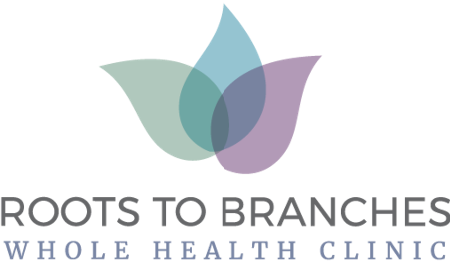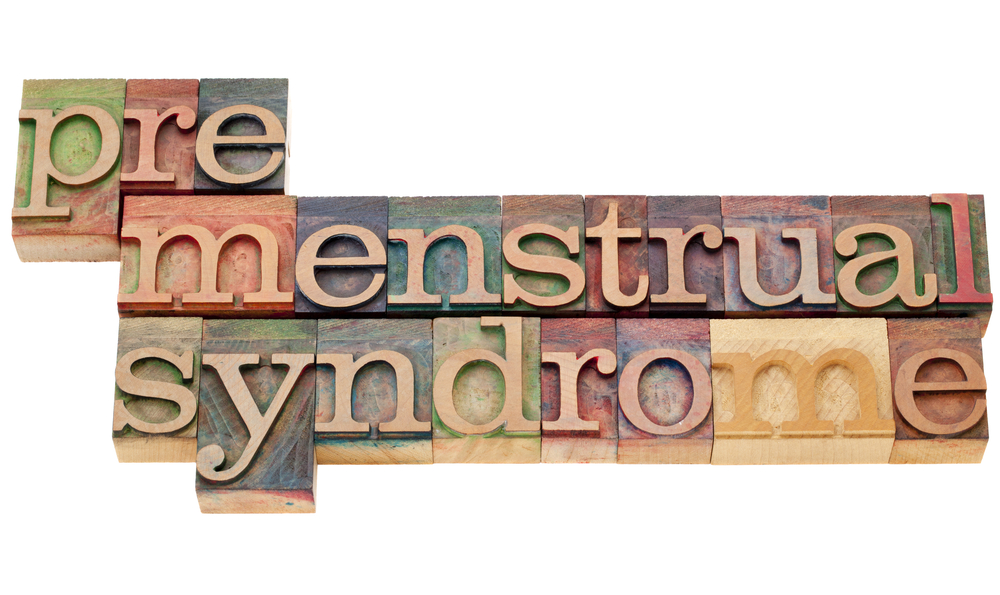Do you lose 1-2 weeks of feeling like yourself every month because of your menstrual cycle? Do you experience mood swings, pronounced fatigue, and muscle tension before your menstrual cycle? Have you missed work because of your menstrual cycle? If so, READ ON because your months do not have to be like this! Having premenstrual symptoms is often a sign from your body that there are underlying hormonal or nutritional imbalances that need to be addressed.
In this post I will discuss what could be causing your PMS and 3 ways to reduce your symptoms and enjoy your life to the fullest for the entire month, every month.
What is PMS?
It is believed that Premenstrual Syndrome (PMS) affects up to 40% of women of reproductive age. PMS is essentially when women experience a number of symptoms in the second half of their menstrual cycle that completely resolve by day 2 of their menses. Symptoms can include, but are not limited to:
- Mood swings, anger, irritability, anxiety, depression
- Breast pain or tenderness
- Change in appetite, sugar cravings
- Headaches
- Fatigue
- Bloating, water retention
- Sleep disturbance
Why on earth do women experience PMS?
The cause of PMS has not been clearly established and not one cause will be the same for every person. PMS is likely the result of a number of factors:
- Hormonal Imbalances: One of the most common hormone imbalances that can lead to premenstrual symptoms is low progesterone relative to estrogen during the second phase of the menstrual cycle.
- Abnormal neurotransmitter response to hormone levels, such as serotonin, endorphins, and GABA (1).
- Nutritional choices and specific deficiencies.
- High intake of refined carbohydrates and blood sugar disturbances.
- Environmental factors, particularly stress.
So, you have PMS, what can YOU do about it? Here are 3 changes you can make to reduce your PMS and enjoy your life to the fullest every day of every month:
1. Make a few important dietary changes:
- Reduce your intake of refined carbohydrates (non- whole grain/sprouted grain breads, cereals, pastas, snack foods). It has been shown that women who experience PMS often consume greater than 60% refined carbohydrates than those that do not.
- Avoid caffeine. Oy! Women don’t always like to hear this one, but I have found that restricting coffee (both caffeinated and decaffeinated), black tea, chocolate, and soft drinks for approximately 3 months, can especially help women with cycle related fluid retention and breast tenderness.
- Increase dietary fibre: start by adding 2 tbsp of freshly ground flaxseed to your daily regimen. Adequate dietary fibre can help bind excess estrogen and help your body rid of it through the bowels, helping your estrogen to progesterone balance (2).
2. Sweat it out!
- Regular exercise has been shown to lessen PMS symptoms. This is likely because of its ability to improve blood sugar balance, increase circulation, and elevate those feel good neurotransmitters (3).
- Try yoga. Yoga is a great practice for stress reduction and addressing muscle tension, hence why it has been shown to significantly reduce PMS (4).
3. Address specific nutritional deficiencies. Two of my favourite nutrients I use to help with PMS include:
- Magnesium citrate (or glycinate if you are prone to loose bowels)
- Vitamin B6
Of course we are only just getting to the tip of the iceberg when talking about naturopathic medicine and PMS; there are so many other great herbal, nutritional, and acupuncture supports. Stay tuned for further posts on Naturopathic Medicine and Women’s Health!
References:
- Imai, A., Ichigo, S., Matsumani, K., & Takagi, H. (2015). Premenstrual syndrome: management and pathophysiology. Clin Exp Obstet Gynecol, 42(2), 123-8.
- Applied Nutritional Science Reports (2001). Nutritional influences on estrogen metabolism, http://www.afmcp-sa.com/ansr/MET451%20Endocrine%20ANSR.pdf
- El-Lithy, A., El-Mazny, A., Sabbour, A., & El-Deeh, A. (2015). Effect of aerobic exercise on premenstrual symptoms, haematolgoical and hormonal parameters in young women. J Obstet Gynaecol, 35 (4), 389-92.
- Wu, WL., Lin, TY, Chu, IH, & Liang, JM. (2015). The acute effects of yoga on cognitive measures for women with premenstrual syndrome . J Altern Complement Med, 21 (6), 364-9.
- Fathizadeh, N, Ebrahimi, E., Valiani, M., Tavakoli, N, & Yar, MH. (2010). Evaluating the effect of magnesium and magnesium plus vitamin B6 supplement on the severity of premenstrual syndrome. Iran J Nurs Midwifery Res, 15 (suppl 1), 401-5.

